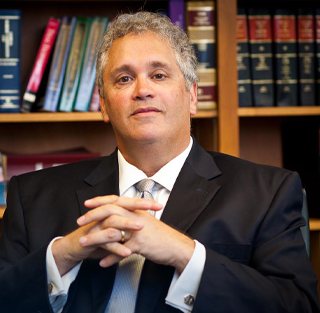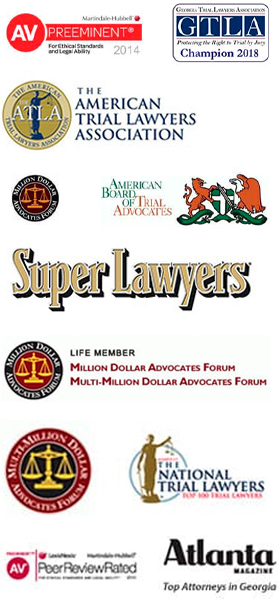Table of Contents
Determining Legal Cause in a Personal Injury Case
In the State of Georgia, in order for plaintiffs to prevail in civil personal injury claims they must prove the defendant legally caused the plaintiff’s injuries and are liable for damages. This requires the plaintiff to prove each of the following 4 elements:
- Duty of care is owed by the defendant to the plaintiff
- Breach of duty of care that directly caused the injury
- Proximate cause of the injury
- The plaintiff suffered damages due to the injury
In cases of negligence resulting in injury, particularly those involving a third party who did not directly commit the act resulting in the injury, proving legal causation can be difficult.
Types of Causation
In a legal sense, there are two types of causation that apply to civil personal injury cases:
- Cause in Fact
- Proximate Cause
The plaintiff must establish and prove both cause in fact and proximate cause in order to prevail in their personal injury claim.
Cause in Fact
By definition, cause in fact is the actual cause or the direct act that led to the plaintiff’s injury.
For example, if a truck driver fails to yield while turning at an intersection and, as a result, hits and severely injures a pedestrian in a crosswalk who had the right-of-way, the truck driver’s failure to yield is the factual cause of the injury.
Proximate Cause
Proving proximate cause, on the other hand, hinges upon whether or not the truck driver in the example above could have reasonably foreseen that failing to yield at the intersection could result in injury to the pedestrian in the cross walk.
Due to the presence of stop lights and a crosswalk designed to keep the intersection safe, the answer to the reasonable foreseeability of potential injury occurring is affirmative.
Further Reading: Understanding Foreseeability in Negligence & Premises Liability
The “But-for” Test to Determine Proximate Cause
When determining the legal cause of an injury in a civil personal injury case in Georgia, the law considers the “But-for” or sine qua non test.
“But-for” Test in Car & Truck Wrecks
In a Georgia civil car or truck accident case in which a person suffered a broken arm after being struck by a car or truck that ran a stop sign, the Cause in Fact for the wreck in this case would be the running of the stop sign. The at-fault driver’s legal liability for the plaintiff’s broken arm is determined by the “But-for” test. “But for” the wreck, the plaintiff’s arm would not have broken.
“But-for” Test in Premises Liability or Negligent Security Cases
In a Georgia premises liability or negligent security case in which a tenant was violently assaulted at their apartment complex — a complex that had previously experienced several robberies and physical assaults — by a perpetrator who came through a malfunctioning security gate that the landlord was aware needed repairing but failed to do so, cause for the assault on the tenant was a foreseeable danger that would not have occurred but for the malfunctioning security gate and the landlord’s inaction to fix it.
In this case the perpetrator is criminally responsible for the assault, and the landlord is legally responsible for the negligent security (proximate cause) that enabled the crime to occur.
Personal Injury Cases that Use Proximate Cause
In Georgia, all civil cases involving personal injury must prove both cause and proximate cause in order for the defendant to be held liable and for the lawsuit to ultimately prevail. The difficulty of proving cause ranges widely for different types of personal injury cases.
The personal injury attorneys at Apolinsky & Associates, LLC, has decades of experience representing injury victims in cases that require proximate cause, including:
- Car Accident Injuries
- Truck Accident Injuries
- Negligent Security & Premises Liability
- Wrongful Death Claims
- Bicycle & Pedestrian Accidents
- Brain & Spinal Cord Injuries
If you or a loved one has been injured or killed due to negligence, contact Apolinsky & Associates, LLC, for a free case evaluation.



